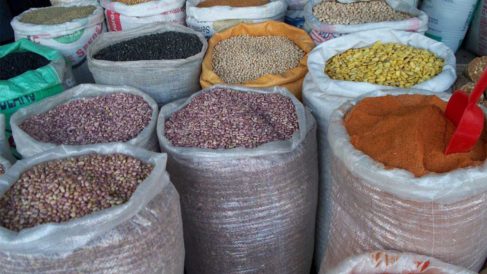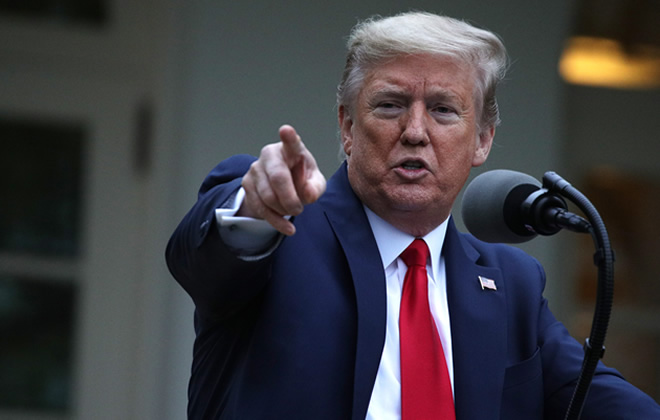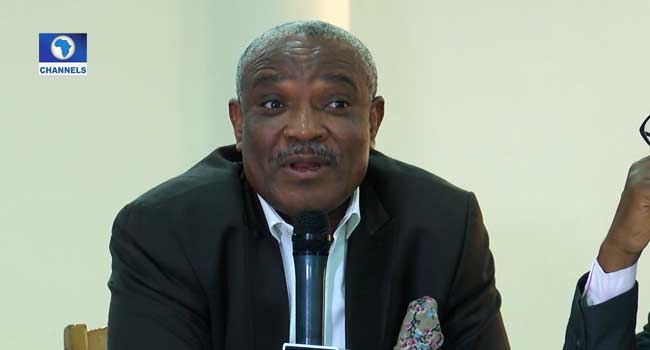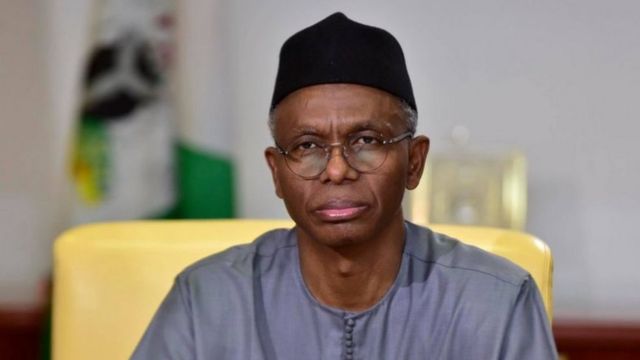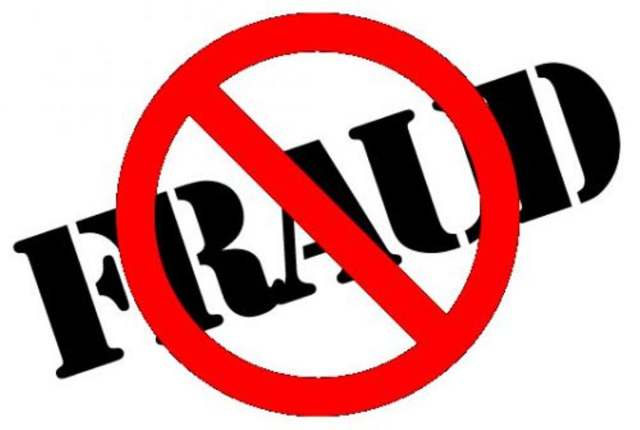The World Bank has cleared 35 states for the US$1.5billion stimulus package for Nigeria’s
states to cushion the economic effects of the COVID-19 pandemic.
The plan is part of the World Bank’s package for immediate fiscal relief for Nigeria, following
discussion between its Country Director and the Economic Sustainability Committee, chaired
by Vice President Yemi Osinbajo.
This is contained in the report of the Ad-Hoc Committee of the National Economic Council,
NEC, interfacing with Presidential Taskforce on Covid-19 to ease the lockdown on the economy.
The report was presented on Thursday at the virtual NEC meeting presided over by the Vice
president, Prof. Osinbajo, at the Presidential Villa, Abuja.
Governor of Nassarawa State, Abdullahi Sule, who briefed State House correspondents on the
outcome of the meeting, said that 22 states signed the Grant Agreement, GA, while 13 were
yet to return signed GAs.
According to him, the 22 states that signed GA were Ekiti, Gombe, Zamfara, Sokoto, Niger,
Taraba, Oyo, Abia, Enugu, Plateau, Delta, Bauchi, Ebonyi, Kaduna, Kwara, Cross-River, Imo,
Yobe, Ondo, Osun, Nasarawa and Benue.
16 states get N1.6 billion for COVID-19
He said of the 22 states, the 16 states that had received N100,000,000 grant each, totaling
N1.6billion.
The states were Ekiti, Gmbe, Niger, Sokoto, Taraba, Oyo, Abia, Enugu, Zamfara, Bauchi,
Ebonyi, Kaduna, Kwara, Cross-River, Imo and Delta.
The five states next on the list for the grant are Plateau, Yobe, Ondo, Benue, and Osun, while
Nassarawa State is yet to communicate account details.
Sule said the ad-hoc committee’s report also had the key highlights of the ongoing four
weeks guidelines of the extended second 2nd Phase of the eased lockdown.
He said the task force revealed that the extension was necessitated due to observed lack of
compliance with the prescribed measure, dangers associated with community transmission,
and the need to strengthen critical areas of the response strategy for effectiveness.
Outstanding issues
Sule said that the committee outlined some outstanding issues, including the resumption
date for educational institutions, new protocols for Internally Displaced Persons, resumption
of work by all categories of public and civil servants, and full reopening of contact sporting
activities and recreational facilities.
He said the Director-General of the Nigerian Centre for Disease Control, NCDC, Dr. Chikwe
Ihekweazu, also briefed the Council of COVID-19 situation in the states.
Security and policing
Governor Sule also said that the NEC received a presentation from Chairman National
Economic Council Ad- Hoc Committee on Security and Policing, set up at the 95th meeting of
the Council on June 20, 2019.
He said the committee, headed by Governor Kayode Fayemi of Ekiti State, met on Thursday
the 4th of August to review the escalating security challenges in Nigeria.
According to him, at the virtual meeting, there were briefings and presentations from the
National Security Adviser, NSA, Inspector-General of Police, IGP, Chief of Defense Staff, and
the Department of State Services (DSS).
He said the meeting reviewed the escalating challenges in the country observed that
insecurity could not be fully eradicated without addressing the high poverty rate and
unemployment level in Nigeria.
“Council resolved that the Chair of the NGF (Nigeria Governors’ Forum) with two other
governors would be meeting with the Secretary to the Government of the Federation, the
Finance Minister and the Inspector-General of Police to coordinate the proper utilization of
the funding of community policing in the states.
“The federal government has already approved N13 billion for this same purpose.”
He said that the meeting also observed that the Office of the NSA has not been adequately
funded in the last five years to enable it to carry out its mandate effectively.
He said “State governments have been overwhelmed by insecurity expenditures and there is,
therefore, the need by the Federal Government to inject more funds to augment expenses by
the states, amongst others.
“The meeting made several observations and came up with recommendations that would help
the government tackle the issue of insecurity in the country.”
He said the work of the Committee was ongoing with key stakeholders and would be meeting
further as the need arises to update the Council on the progress being made to address
insecurity and criminality in the country.


